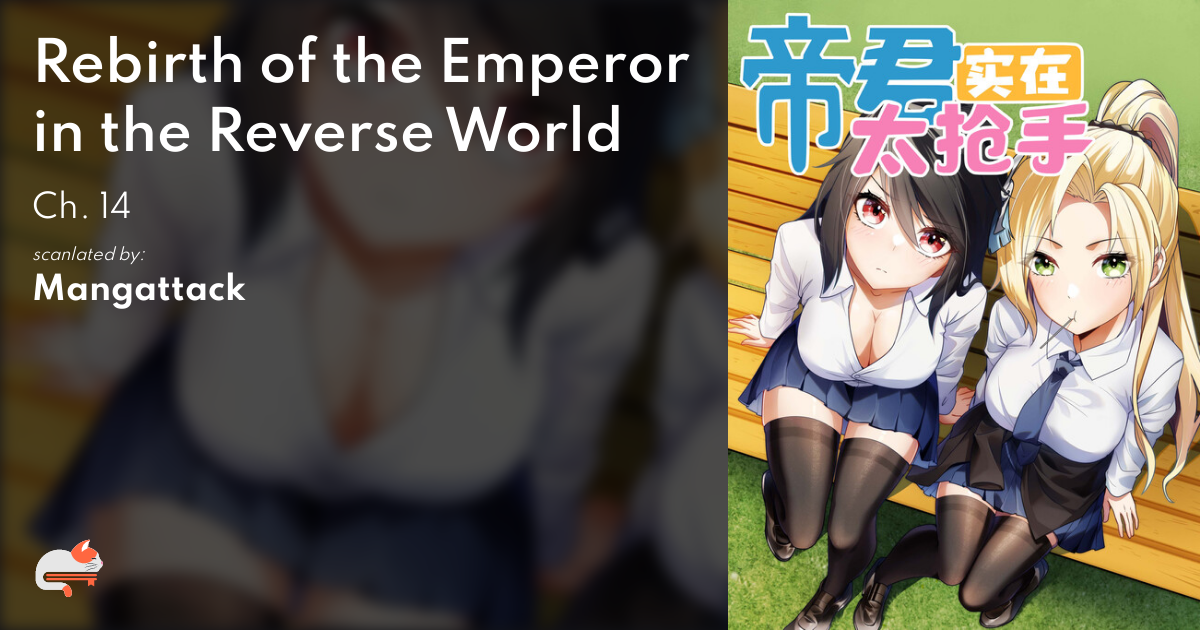The concept of rebirth has fascinated humanity for centuries, inspiring countless myths, legends, and tales of reincarnation. Among these stories, one particularly intriguing narrative is the “Rebirth of the Emperor in the Reverse World 14.” This enigmatic tale revolves around a mysterious emperor who undergoes rebirth in a parallel universe known as the Reverse World. In this article, we delve into the intricacies of this captivating legend, exploring its origins, symbolism, and the cultural significance it holds.
I. rebirth of the emperor in the reverse world 14: Origins of the Legend
The “Rebirth of the Emperor in the Reverse World 14” legend finds its roots in ancient Eastern mythology. The tale tells of an emperor who, upon his death, transcends the boundaries of mortality and is reborn in an alternate reality known as the Reverse World. The Reverse World is believed to be a mirror image of our own, where the laws of nature and reality are inverted. The emperor’s rebirth in this mysterious realm is seen as a rare occurrence, marking the fourteenth iteration of his reincarnation.
II. Symbolism and Themes
The legend carries rich symbolism and explores profound themes. The emperor’s rebirth in the Reverse World symbolizes the cyclical nature of existence and the concept of eternal recurrence. It implies that no matter how powerful or influential one may be in their lifetime, they are destined to face rebirth and start anew. The Reverse World serves as a metaphorical realm of reflection, where the emperor’s actions in past lives are inverted and mirrored. This symbolism conveys the idea of karma and the consequences of one’s deeds, even across different dimensions.
Furthermore, the legend also touches upon themes of personal growth, redemption, and the pursuit of enlightenment. The emperor’s journey through successive reincarnations in the Reverse World represents a spiritual quest for self-improvement and the attainment of wisdom. Each rebirth allows the emperor to rectify past mistakes, learn valuable lessons, and ultimately achieve spiritual enlightenment.
III. rebirth of the emperor in the reverse world 14: Cultural Significance
The “Rebirth of the Emperor in the Reverse World 14” legend holds significant cultural importance in Eastern societies. It serves as a philosophical parable, reminding individuals of life’s transient nature and power’s impermanence. The legend teaches humility, urging individuals to reflect upon their actions and strive for self-improvement in each incarnation.
In addition, the tale is often associated with cosmic justice. It reinforces the belief that one’s virtuous or wicked actions will eventually catch up with them. This notion resonates deeply in cultures that emphasize morality and ethical conduct.
Moreover, the legend’s popularity has extended beyond folklore, influencing various art forms, including literature, theater, and visual arts. Renowned authors and playwrights have explored its themes and symbolism, inspiring introspective narratives and thought-provoking performances.
IV. Interpretations and Contemporary Relevance
As with any legend, interpreting the “Rebirth of the Emperor in the Reverse World 14” varies among individuals and communities. Some view it as a symbolic journey of the human soul, while others consider it a cautionary tale about the consequences of unchecked power.
The legend resonates with those seeking personal growth and transformation in the modern context. It encourages individuals to reflect on their actions, learn from past mistakes, and strive for self-improvement. Furthermore, the concept of the Reverse World can be interpreted as a metaphor for introspection and self-reflection, urging individuals to delve into their inner selves and confront their flaws.

